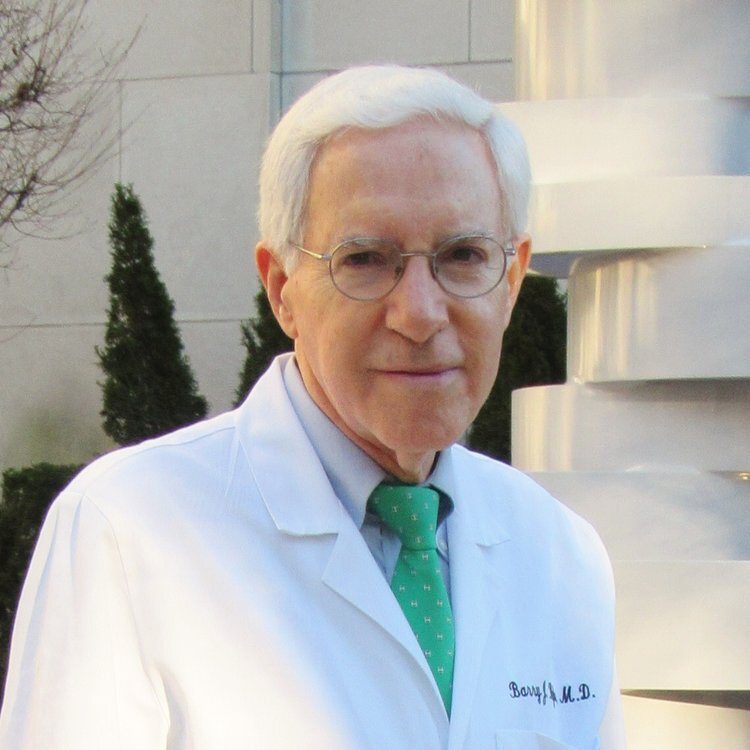Best Endocrinologist Near Me: Situating Top Medical Specialists
Wiki Article
The Science Behind Hormonal Agent Regulation: Insights From an Endocrinologist
The Scientific Research Behind Hormone Policy: Insights From an Endocrinologist uses a detailed expedition of the intricate procedures included in hormone regulation. Whether you are a clinical expert looking for a deeper understanding of endocrine feature or a specific interested in finding out regarding the science behind hormonal agent policy, this publication is an invaluable source.Hormones and Their Functions
Hormonal agents play important duties in the regulation and sychronisation of various physiological procedures within the body. These chemical messengers are generated by endocrine glands and are released right into the bloodstream, where they travel to target cells or organs to apply their impacts. The features of hormonal agents are varied and include nearly every facet of human physiology.Among the main functions of hormones is to maintain homeostasis, which is the stable internal environment essential for the body to function efficiently. Insulin, a hormone created by the pancreatic, regulates blood glucose levels by promoting the uptake and storage space of sugar in cells. One more hormone, cortisol, assists the body reply to anxiety by raising blood sugar degrees and suppressing the body immune system.
Hormones also play critical roles in growth and advancement. Development hormone, generated by the pituitary gland, boosts the growth of tissues and bones, while thyroid hormonal agents regulate metabolic rate and affect the growth of the worried system - Endocrinologist in leander. In addition, reproductive hormones, such as estrogen and testosterone, are in charge of the growth and maintenance of additional sex-related attributes and the regulation of the menstruation cycle
The Endocrine System: An Overview
Playing an important function in the regulation and control of physical procedures, the endocrine system is a complex network of glands that create and release hormonal agents right into the bloodstream. These glands, consisting of the hypothalamus, pituitary gland, thyroid gland, adrenal glands, pancreatic, ovaries, and testes, secrete hormonal agents that act as chemical carriers, affecting various physical features. The endocrine system operates in conjunction with the nerves to control and maintain homeostasis, making sure that the body's interior setting continues to be steady.It generates hormonal agents that stimulate or hinder the launch of hormones from the pituitary gland, which in turn regulates the task of various other endocrine glands. The thyroid gland, situated in the neck, creates hormonal agents that control metabolic process and energy equilibrium.

Policy of Hormonal Agent Production
The regulation of hormonal agent production includes a complicated interaction in between various glands and responses mechanisms within the endocrine system. Hormonal agents are chemical messengers that play an essential duty in maintaining homeostasis and working with various physiological procedures in the body. The production of hormonal agents is tightly controlled to make sure the proper performance of the endocrine system.The hypothalamus, situated in the mind, acts as a key regulator of hormonal agent manufacturing. It launches hormones that stimulate or prevent the production of hormones by Best endocrinologist in austin the pituitary gland, which is commonly described as the "master gland" of the endocrine system. The pituitary gland, in turn, produces hormones that act on different target glands throughout the body, boosting them to generate and launch specific hormones.
Feedback mechanisms also play a crucial duty in hormonal agent regulation. When hormone levels increase over or drop listed below the optimal variety, the body activates devices to either decline or boost hormonal agent production, respectively, to restore equilibrium.
Comments Loops in Hormone Law
Comments loopholes play a critical role in the policy of hormonal agent manufacturing. These loopholes entail a collection of communications between the endocrine glands, hormones, and target organs to preserve homeostasis in the body. There are 2 kinds of responses loops: unfavorable feedback and favorable feedback.When hormone levels climb over a particular threshold, the hypothalamus in the brain signifies the pituitary gland to lower hormonal agent production. Alternatively, when hormonal agent degrees drop listed below the threshold, the hypothalamus stimulates the pituitary gland to increase hormonal agent production, restoring equilibrium.
Positive responses loops, on the various other hand, magnify hormone production. This happens when a hormonal agent stimulates the release of more of the very same hormonal agent, resulting in a fast rise in its degrees. Nevertheless, favorable feedback loops are much less common in hormone guideline and are usually associated with details physical processes, such as childbirth and lactation.
Aspects Influencing Hormone Balance
Elements influencing hormone balance include dietary choices, way of life routines, and ecological direct exposures. These variables can have a considerable effect on the fragile balance of hormones in the body, influencing numerous physiological procedures and general health and wellness.Dietary selections play an essential duty in hormone regulation. Eating a balanced diet regimen that includes a selection of nutrients is crucial for preserving hormonal agent balance. Particular nutrients, such as omega-3 fatty acids, vitamins, and minerals, are particularly vital for optimum hormone feature. On the other hand, a diet regimen high in processed foods, improved sugars, and unhealthy fats can disrupt hormonal agent levels and cause imbalances.
Lifestyle routines, such as workout, rest patterns, and anxiety monitoring, also affect hormonal agent equilibrium. Regular physical activity assists manage hormone levels, promotes general well-being, and lowers the threat of hormonal problems. Adequate rest is vital for hormone production and regulation, as interfered with rest patterns can lead to imbalances. In addition, chronic stress can dysregulate the hypothalamic-pituitary-adrenal (HPA) axis, a principal in hormone regulation, causing a waterfall of hormonal discrepancies.

Conclusion
In verdict, understanding the scientific research behind hormone law is crucial for preserving overall wellness and well-being. Hormonal agents play important roles in different bodily functions, and their manufacturing is regulated by intricate responses loops.The Scientific Research Behind Hormone Regulation: Insights From an Endocrinologist uses a comprehensive exploration of the intricate procedures entailed in hormone policy. It creates hormonal agents that prevent the release or promote of hormonal agents from the pituitary gland, which in turn regulates the task of other endocrine glands. It releases hormones that prevent the production or stimulate of hormones by the pituitary gland, which is commonly referred to as the "master gland" of the endocrine system. The pituitary gland, in turn, creates hormonal agents that act on different target glands throughout the body, promoting them to create and release specific hormonal agents.
When hormonal agent degrees climb over a specific limit, the hypothalamus in the brain signals the pituitary gland to decrease hormonal agent manufacturing. (Endocrinology)
Report this wiki page